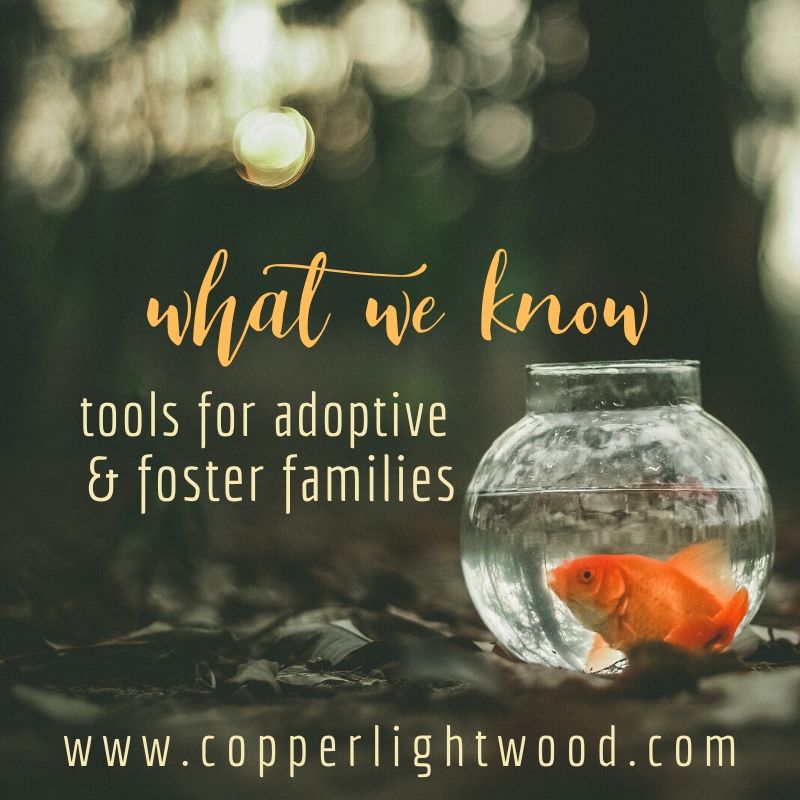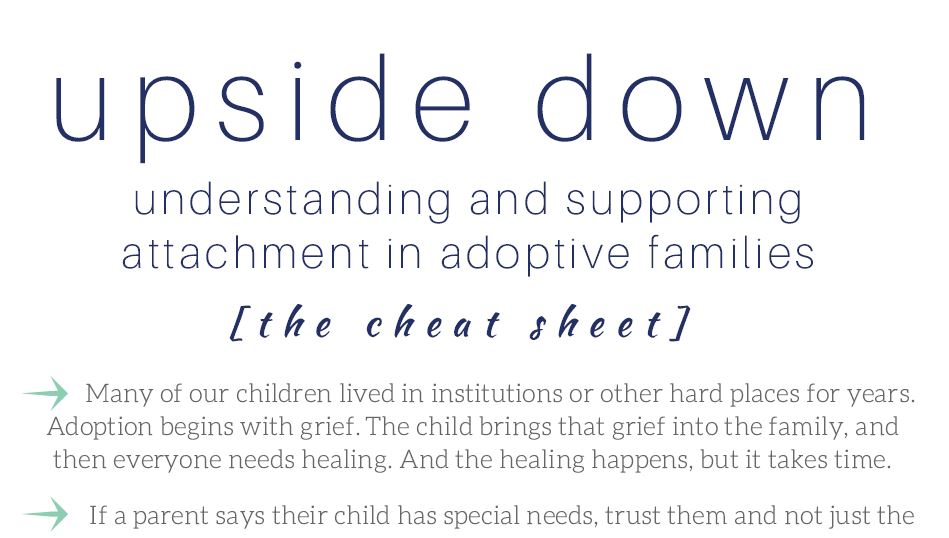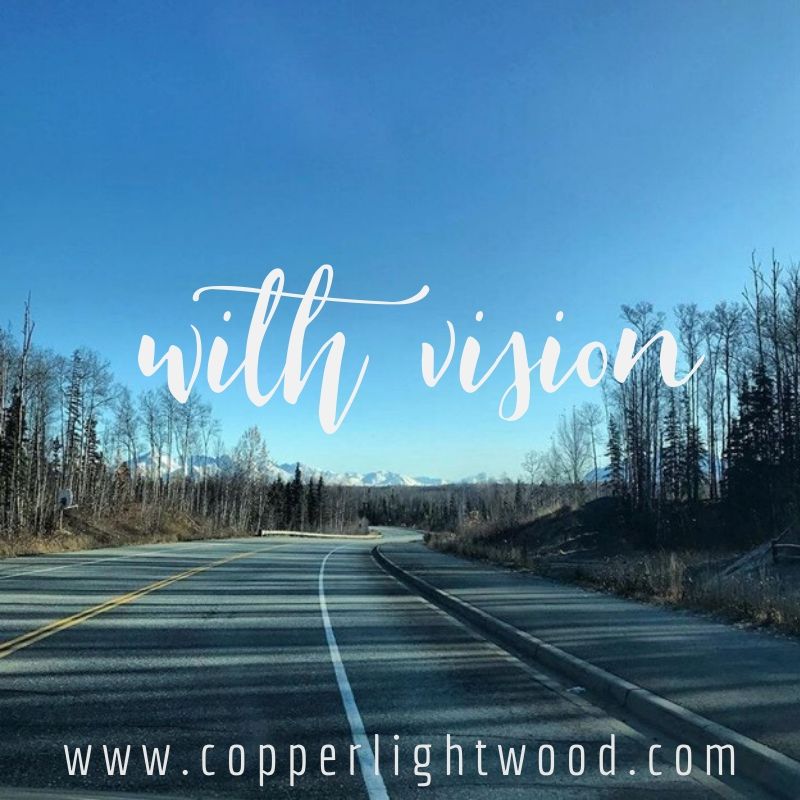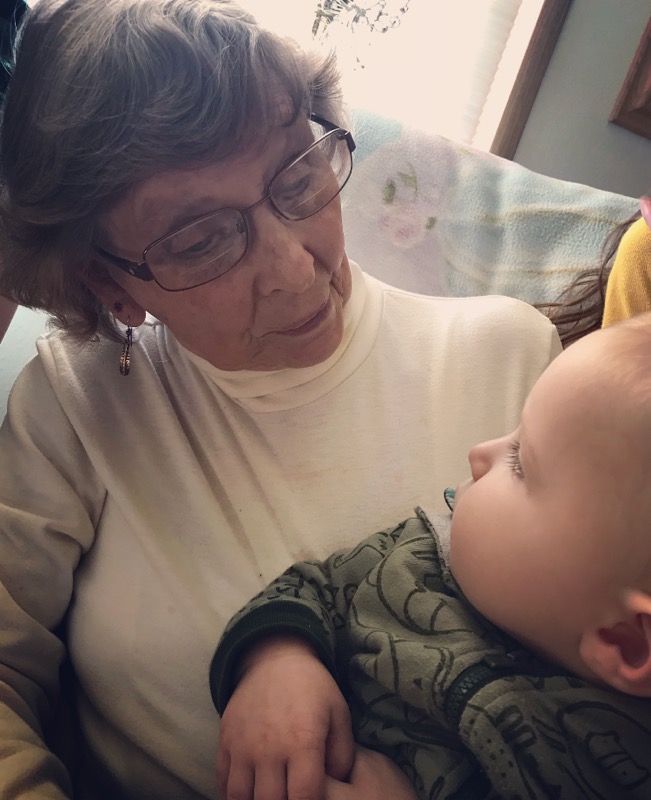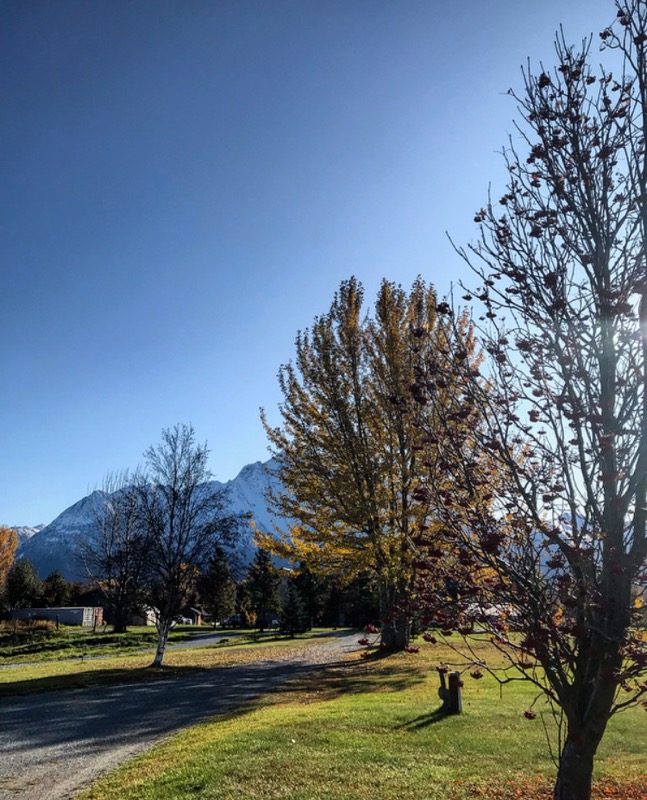Friends, this is an excerpt from Work That God Sees. Enjoy!
We avoided ER visits at least three times that spring day: Once, a sibling left her baby brother alone on the couch (but he didn’t fall on his head), and twice, another child was caught carrying a knife the entirely wrong way (but no one was stabbed). The dryer was busted, so we were channeling our inner Little House on the Prairie and clothes were hanging everywhere to dry. Also, our ice maker was on the blink because it didn’t like the glitter that fell into it.
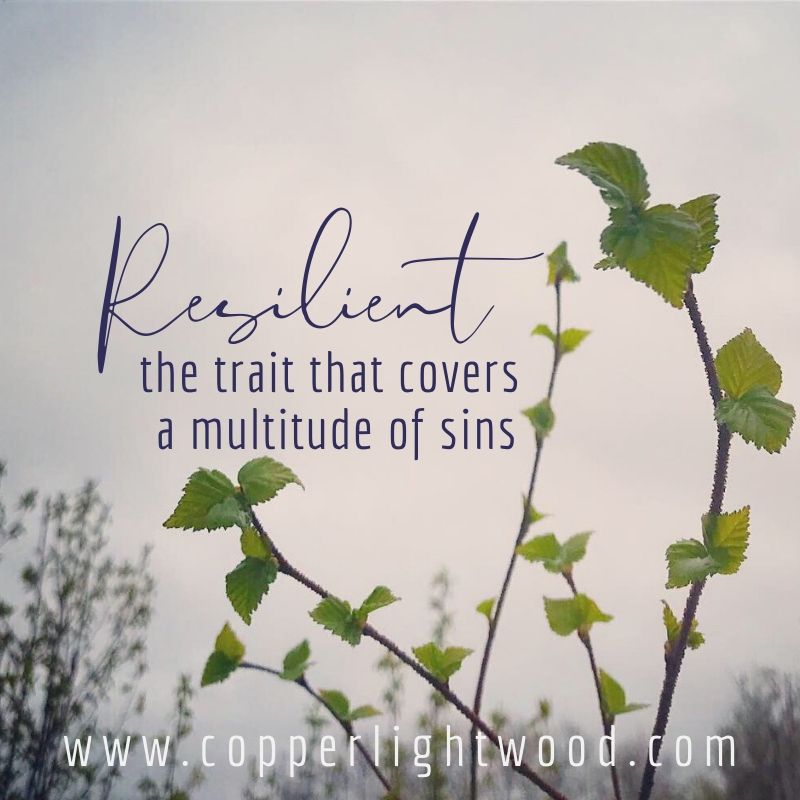
We had tears during math, so I grabbed a file full of stickers – big stickers, little stickers, one sticker for every problem, I didn’t care how many stickers it took as long as she found joy in it – and suddenly I realized that I need the same thing sometimes, too. Not stickers, but whatever will bring a little more joy to the day and its drama: a fresh cup of tea, a few minutes with the cat, or an hour of outside time for the kids so I can read for a while in a quiet house.
I came across this verse, and in a moment of homeschool rebellion, wrote it in our math textbook:
Above all, keep loving one another earnestly, since love covers a multitude of sins.
– 1 Peter 4:8
This verse was good news because we had a multitude of sins that day on top of the chaos already mentioned: broken dishes, tantrums, yelling, an almost-ruined camera, blaming…I’ll stop there. But if we could love each other earnestly at the end of the day, those loud memories might quiet a little under His covering, and we might have a little less chaos tomorrow.
I won’t pretend it’s easy, though.
We moved on from math to science, and my oldest son was reading about the discovery of protein structure. It was a hard process; scientists had already figured out how to find the structure of a molecule, but proteins were so much smaller and more complex that it made discovering their structure that much harder.
And I think it’s sort of like how I can understand how love covers a multitude of sins, but I am still trying to learn how to consistently stay loving in the midst of the chaos. Not everything is solved by a handful of sticker sheets or a fresh cup of tea. So many small humans, so many complex behaviors, and I am so often out of answers, out of energy, and out of patience.
Some days are full of life-changing events that threaten to devastate us: A diagnosis. A confession. An announcement. An event that happens so fast, we don’t have a chance to prepare for how it is going to shake our reality in the days to come. A multitude of sins.
Sometimes facing tomorrow is more than we think we can handle after the day we’ve just walked through.
“But,” as my son’s science book said, “some people have dozens of times more perseverance than the rest of us.”
And that’s what I want to be: Persevering. Steadfast. But also, resilient.
If steadfastness is pushing through to breakthrough, resilience is rising again after devastation or loss. They both move forward and they often go together. We are steadfast when we have survived the waiting; we are resilient when we have survived the breaking. And there are many days when motherhood breaks us wide open.
Now may our Lord Jesus Christ himself, and God our Father, who loved us and gave us eternal comfort and good hope through grace, comfort your hearts and establish them in every good work and word.
– 2 Thessalonians 2:16-17
We moved on to a Bible lesson, and the kids and I talked about Jericho: The marching, the yelling, and the walls falling down. The obedience, the declaration, and the miracle.
“It doesn’t make sense!” Chamberlain said. And she was right; it never makes sense. Marching around a city can’t make walls fall down, right?
But it did, because God told them to. Obedience is powerful. Especially when it doesn’t make sense.
Forgiveness doesn’t always make sense. Reconciliation doesn’t always make sense. Most big moves – starting a business, a mission, a family – don’t always make sense. Mothering in the midst of the overwhelm, in the clutter and the mayhem and the mess, and then getting up to do it all again the next morning in spite of how the day before attempted to break us, doesn’t make sense.
But here we are, you and I, doing it. Over and over again.
We can do whatever He’s calling us to: Adopt, give birth, defend the helpless, write the book, heal the breach, comfort the hurting. Cover the multitude of sins, earnestly love the sinner. We can survive the breaking, and rise from ashes. We can do whatever He says.
When school was done, we got in the car. And I don’t remember where we went that day, but I do remember that the trees were budding and it was in the sixties, and we drove with the windows down so everyone could hear our Alaskan kids complain about how hot it was in the Stagecoach.
But all those tiny green leaves had a sermon, and they still preach to us: In case you ever think your story is over, God has given us nature to show us that a season of bleak winter is never forever.
Go pray circles around that next step and kick up some dust, because this is how we cover the multitude of sins, and how we rise from the ashes. The Lord has given us the city.
You can find Work That God Sees here, and if you’d like future posts sent directly to your inbox, you can subscribe here.

